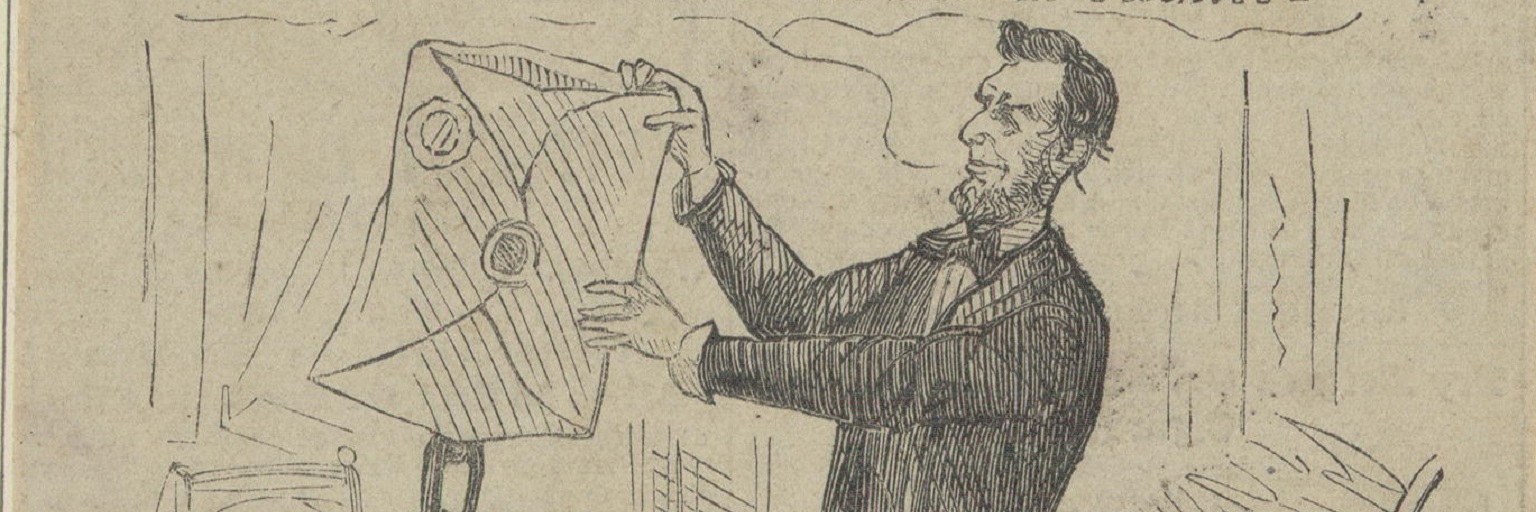Amendment XIII of the United States Constitution
Section 1.
Neither slavery nor involuntary servitude, except as a punishment for crime whereof the party shall have been duly convicted, shall exist within the United States, or any place subject to their jurisdiction.
Section 2.
Congress shall have power to enforce this article by appropriate legislation.
Ratified December 6, 1865.
13th Amendment
The 13th Amendment not only abolished slavery, but involuntary servitude in the United States and included a provision granting Congress the power to enforce it by “appropriate legislation.” This provision paved the way for passage of civil rights legislation beginning with the Civil Rights Act of 1866 that would guarantee birthright citizenship and “full and equal benefit of all laws and proceedings for the security of person and property,” well before ratification of the 14th Amendment. Yet, there was an exception “as punishment for a crime whereof the party shall have been duly convicted.” This exception for convicts led to exploitation of prison labor and mass incarceration
Legacy of 13th Amendment
The 13th Amendment not only abolished slavery, but involuntary servitude in the United States and included a provision granting Congress the power it by “appropriate legislation.” This provision paved the way for passage of civil rights legislation beginning with the Civil Rights Act of 1866 that would guarantee birthright citizenship and “full and equal benefit of all laws and proceedings for the security of person and property,” well before ratification of the 14th Amendment. Yet, there was an exception “as punishment for a crime whereof the party shall have been duly convicted.” This exception for convicts led to exploitation of prison labor and mass incarceration.
Anti-Peonage Act of 1867
Barred peonage in the United States as legislation passed to enforce the 13th Amendment. Often referred to as “debt slavery,” peonage involved an employer forcing a worker to provide labor without compensation to pay off debt. Learn More
Bailey v. Alabama (1911)
The Supreme Court held an Alabama statute unconstitutional because it violated the Anti-Peonage Act and the 13th Amendment, when it allowed debt to constitute fraud to be punished as a crime with use of prima facie evidence (based on first impression – considered correct until proven otherwise) to convict, and convicts were subject to hard labor. The Court held that “involuntary servitude” has a larger meaning than slavery, and the 13th Amendment prohibited all control by coercion of the personal service of one for the benefit of another. Learn More
“13th Amendment to the U.S. Constitution,” in Primary Documents in American History, posted by the Library of Congress.
Backstory: How Reconstruction Transformed the Constitution, posted by NEH-EDSITEment, including multimedia and materials with comprehension questions.

